I’ve got joy like a fountain
I’ve got joy like a fountain
I’ve got joy like a fountain in my soul.
The preschoolers in my music class love to sing this song. And when they do, I have no doubt that they have joy.
But what do we do when joy doesn’t naturally bubble out of our souls?
When disappointments are around every corner and happiness is nowhere to be found?
When we feel sure that we will never see joy again?
Life is often difficult, discouraging, and disappointing. But before you give up on joy, see if you are believing one of these three myths about joy.
Myth 1: Joy and happiness are the same thing.
When you win a trip to the Bahamas or get a promotion it’s easy to find happiness. But when medical bills pile up and your job is teetering on the brink of corporate layoffs, happiness hides. Happiness is based on circumstances.
Joy, however, is a deeper sense of contentment that is available even when life is full of challenges. Think of the apostle Paul in the book of Acts. Even when he and his friend Silas have been beaten and thrown into prison, they spend their time in the jail cell joyfully praising God (Acts 16:16-40). God’s joy is present even in difficulty.
Remember:
Joy is the kind of happiness that doesn’t depend on what happens. David Stendl-Rast
Myth 2: If I could only have __________, then I would have joy.
We often make joy contingent on certain criteria. When I get married, I’ll be happy. When I have a child, I’ll have joy. When I can afford that Dooney and Bourke designer bag, then I’ll know I’ve made it and then I’ll be satisfied. But studies show that making joy dependent on some future event or possession only postpones joy. Often when we finally get what we want, we start longing for the next thing on our wish list and simply move our criteria for joy further down the line.
But focusing on the blessings we already have, inspires joy in the present. There is a saying I love,
It is not joy that makes us grateful, it is gratitude that makes us joyful.
I’ve found this to be true. I may not have everything I want, but when I focus on the blessings I already have–like my loving family and supportive friends–I can find joy. When I appreciate a cup of my favorite Mango Passionfruit Tea or a hug from those preschoolers, I discover pockets of joy in disappointing days.
Myth 3: I don’t have any control over the amount of joy in my life.
It is true that we don’t have much control over what happens to us in life, but this does not have to banish joy. Theologian Henri Nouwen wrote,
Joy does not simply happen to us. We have to choose joy and keep choosing it every day.
That sounds a little like what James said in the Bible, “Dear brothers and sisters, when troubles of any kind come your way, consider it an opportunity for great joy” (James 1:2 NLT). Now most of us don’t view hardship as an opportunity for happiness, but James goes on, “For you know that when your faith is tested, your endurance has a chance to grow” (James 1:3 NLT).
If we can’t find joy in our circumstances, we can find it in what those circumstances bring us: Lessons learned. Endurance strengthened. Intimacy with God renewed.
We can choose joy because we know God is with us. In Emmanuel joy is always available.
Abandon the myths of joy. In this world we will always have disappointment. But in Christ, we can always have joy.
Next step: What myth about joy do you sometimes believe? Write out the quote or Bible passage that refutes that myth, and post it where you will see it often this week.
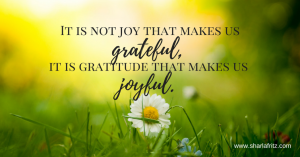
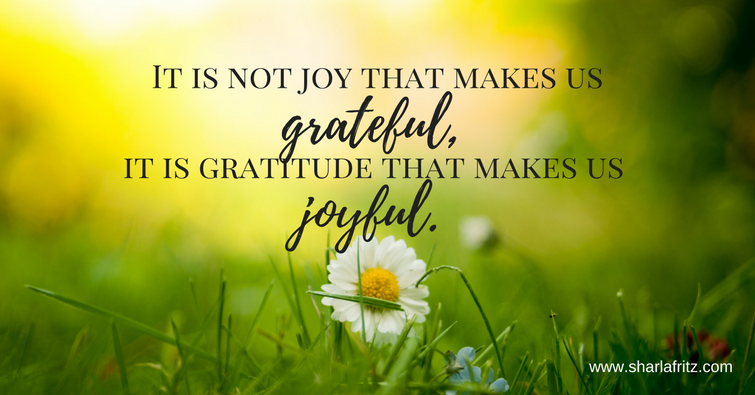

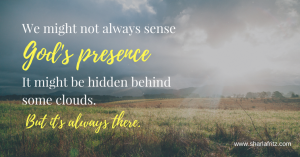
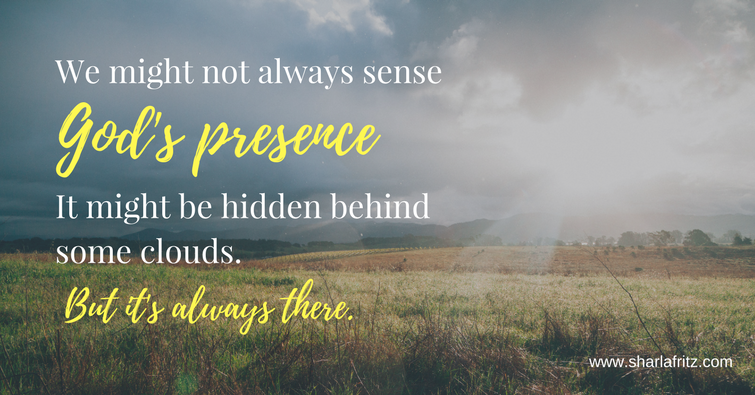
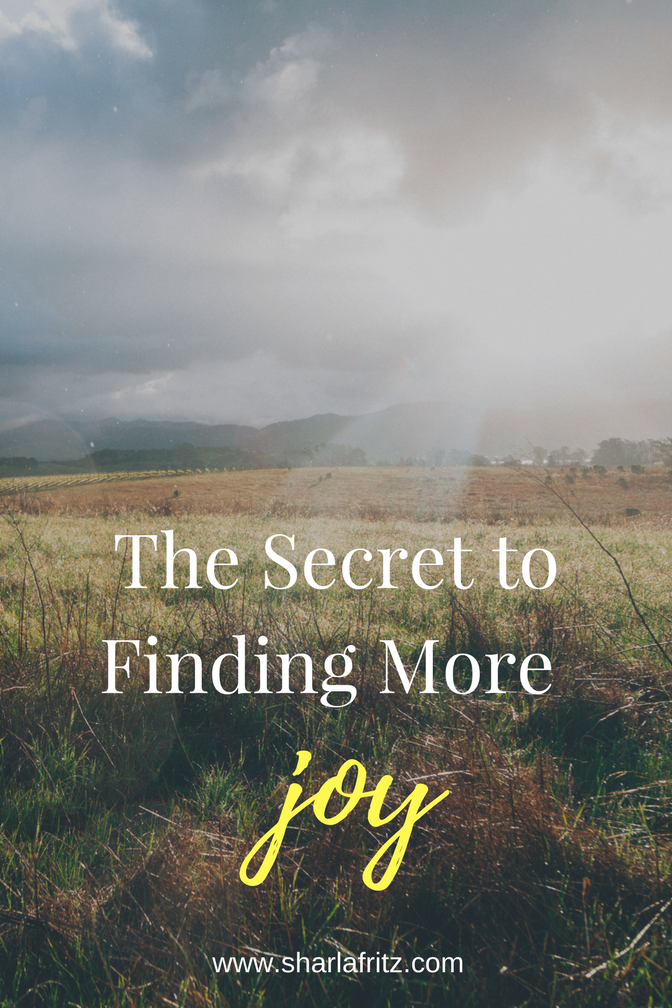

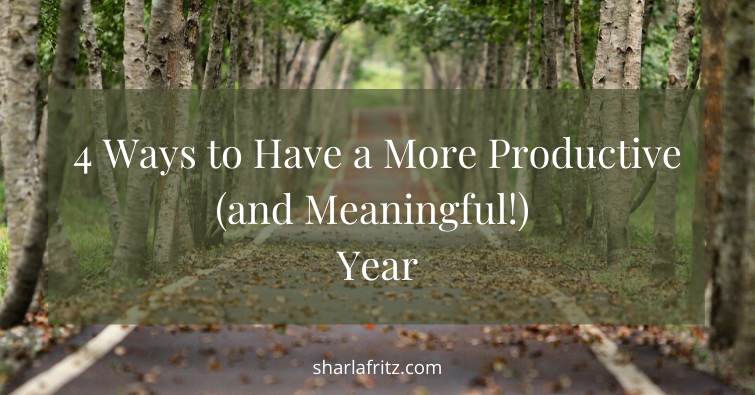
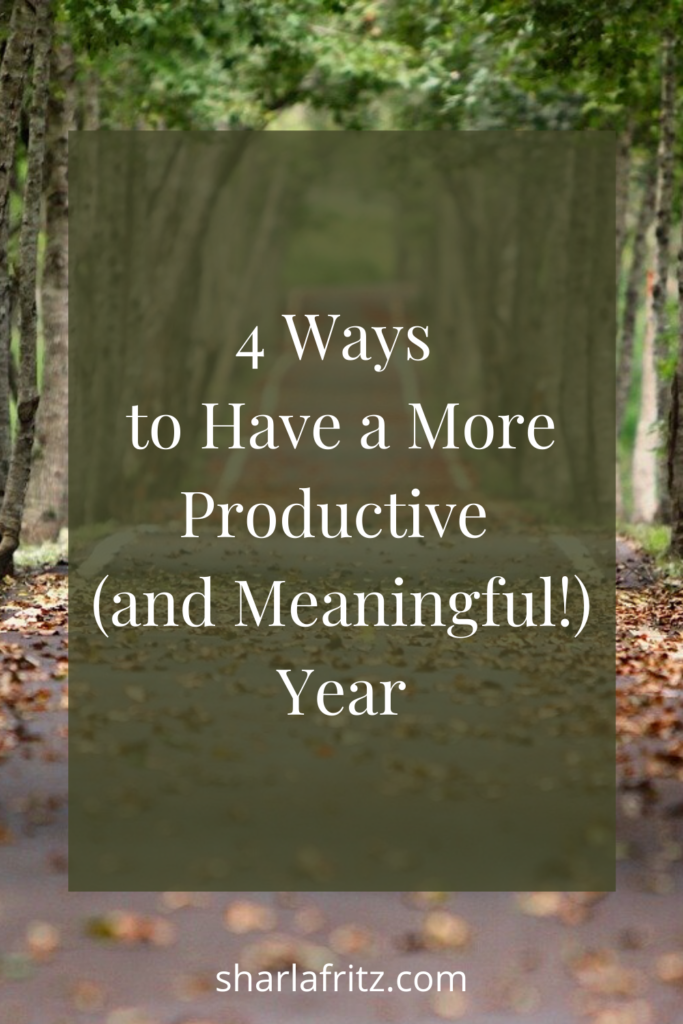
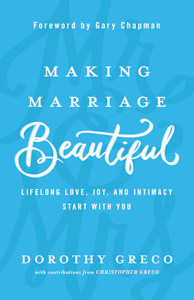
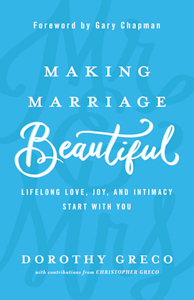
 Author Dorothy Greco is a talented writer and photographer. Her writing has appeared Relevant Magazine, Christianity Today, Her.meneutics, Gifted for Leadership, Today’s Christian Woman, SheLoves, Start Marriage Right, UnGrind, Junia Project, and Sojourners. I am a featured contributor for Gifted for Leadership, CTWomen, and Start Marriage Right. Check out her
Author Dorothy Greco is a talented writer and photographer. Her writing has appeared Relevant Magazine, Christianity Today, Her.meneutics, Gifted for Leadership, Today’s Christian Woman, SheLoves, Start Marriage Right, UnGrind, Junia Project, and Sojourners. I am a featured contributor for Gifted for Leadership, CTWomen, and Start Marriage Right. Check out her 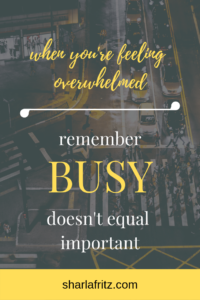
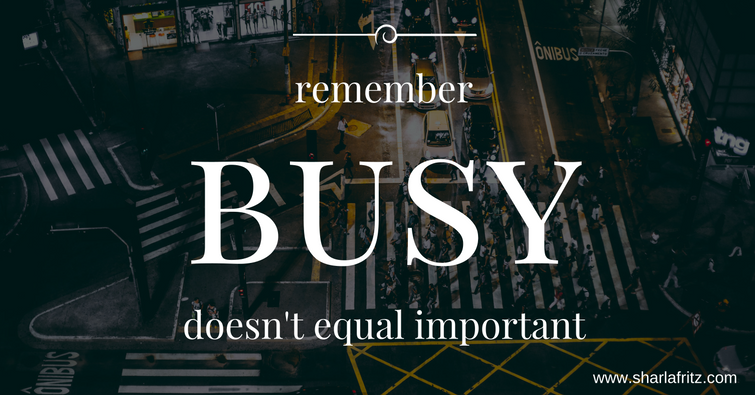
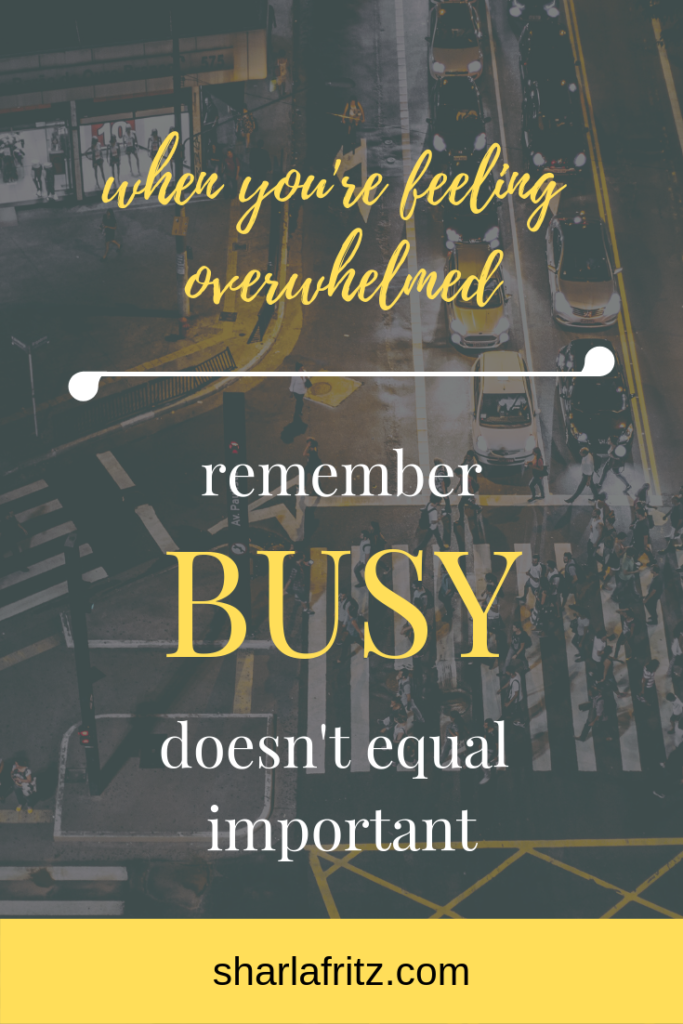
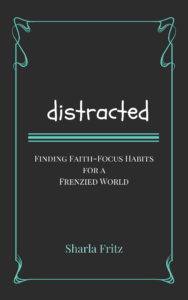




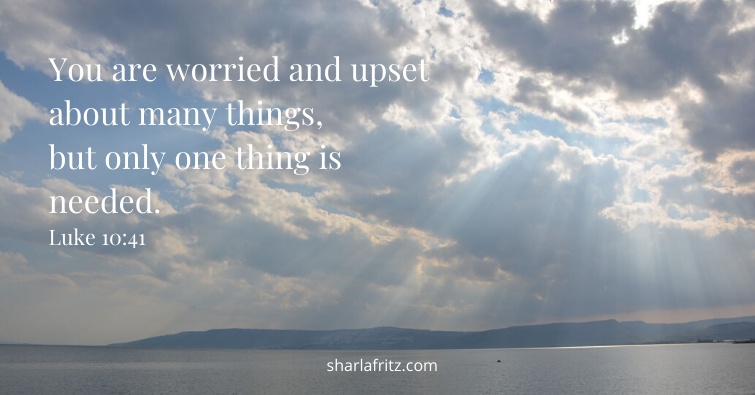

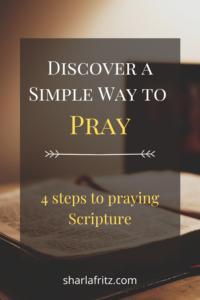
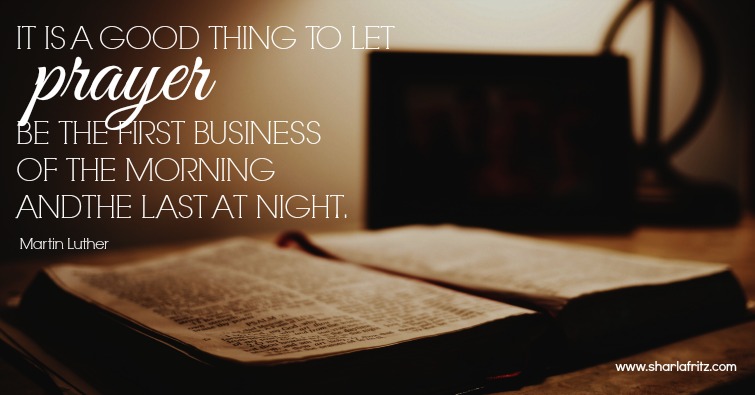
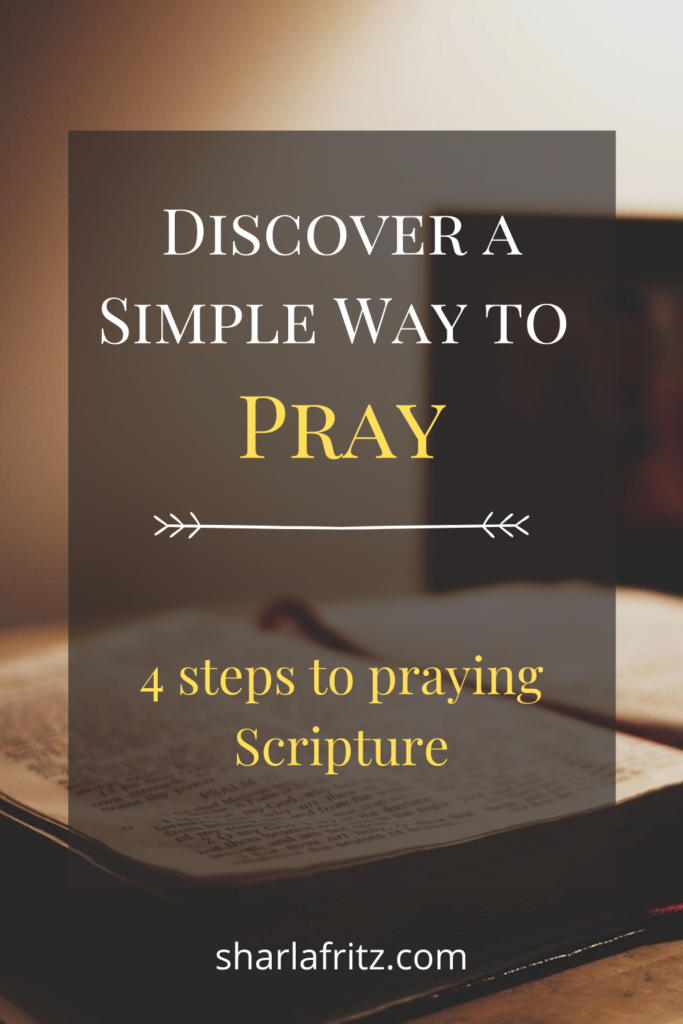

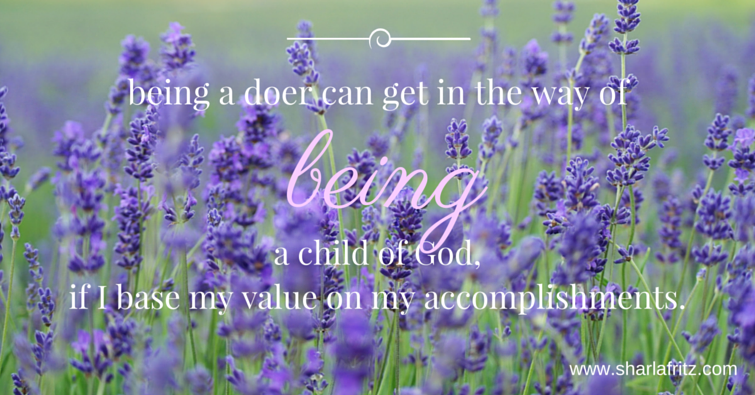
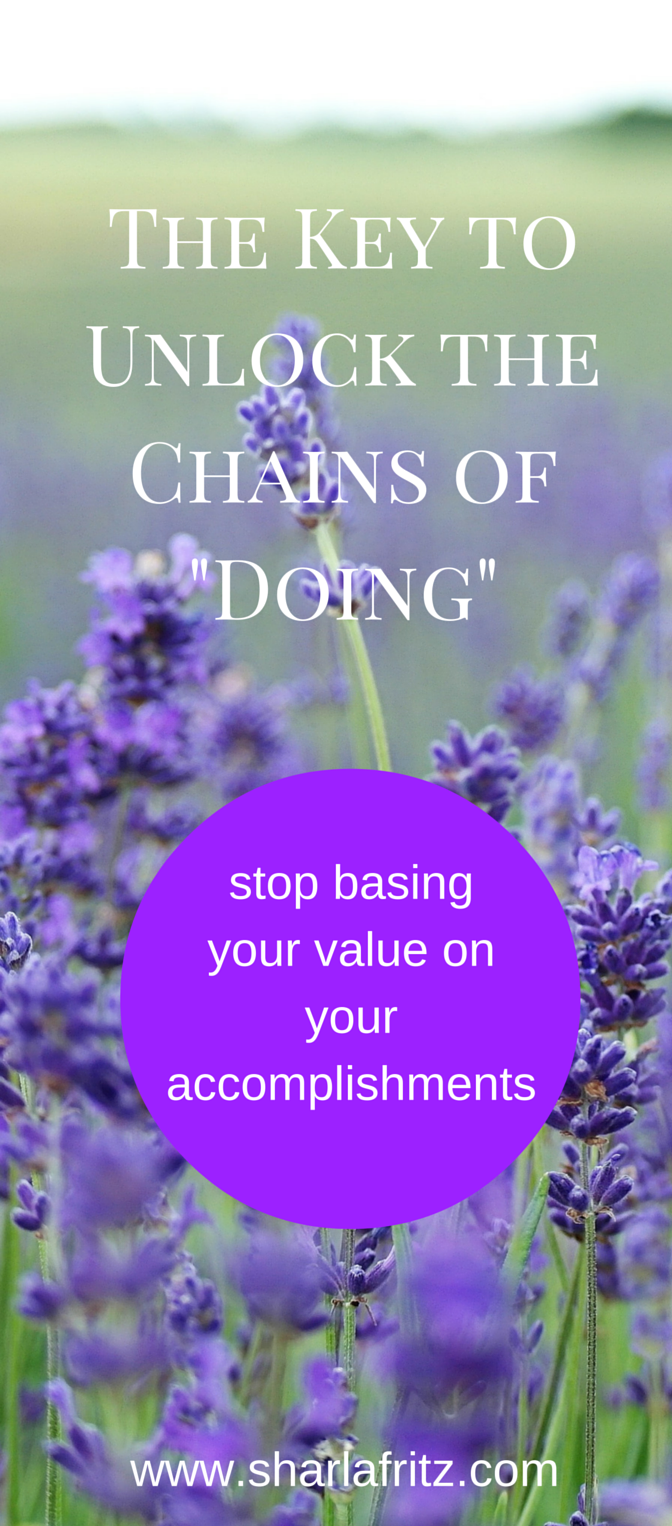

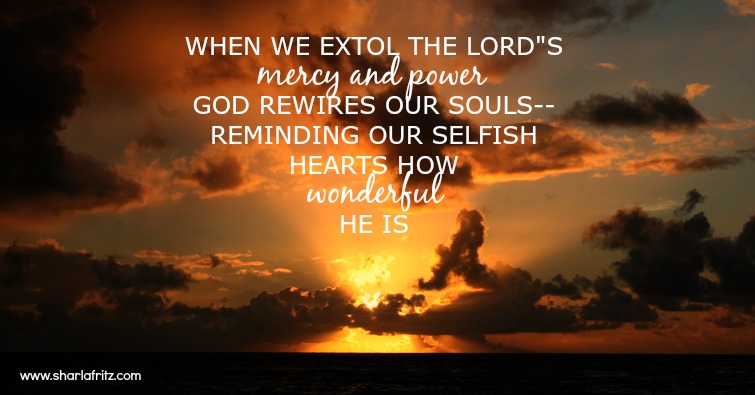

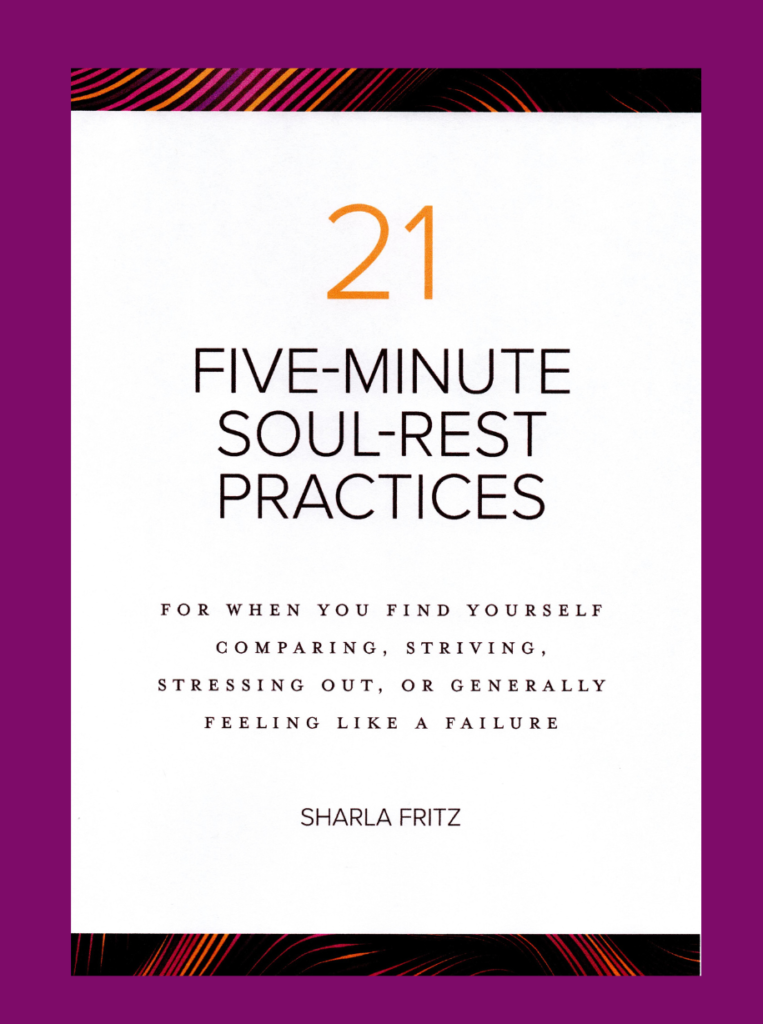
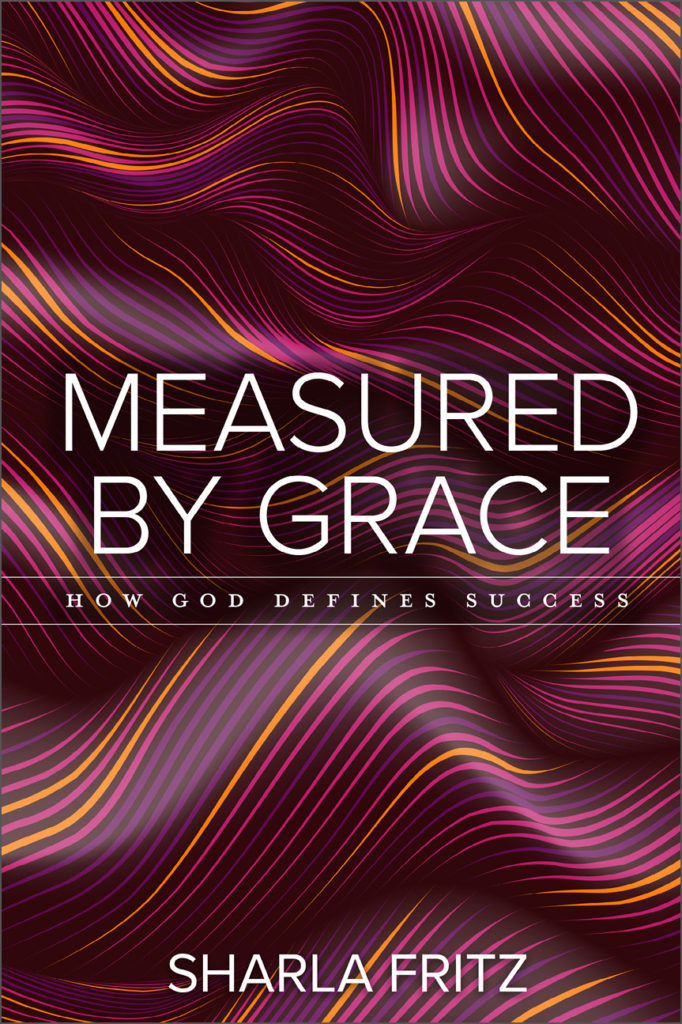

Follow Me!